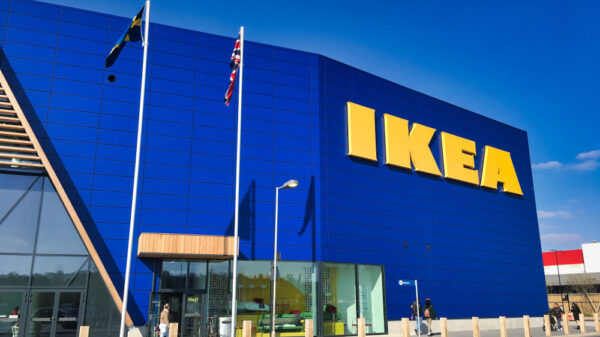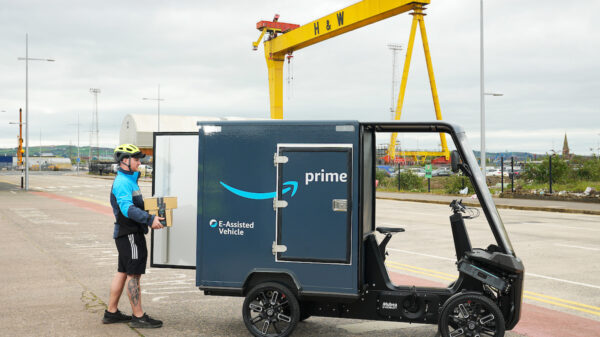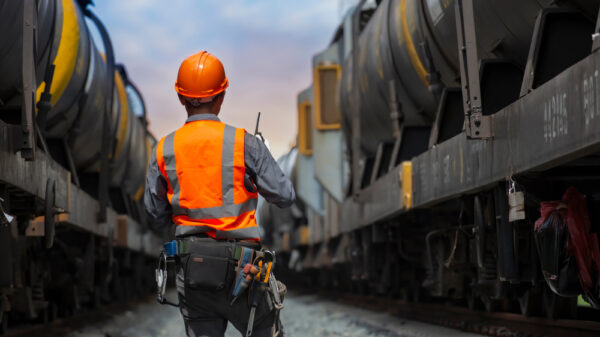All UK airlines will be required to progressively switch to sustainable aviation fuels (SAFs) under new government rules, with ten per cent of airline fuel required to be SAF by 2030.
The government has confirmed the switch to the fuels, which are made from sources like crops, cooking oil and household waste, as part of efforts to reach its net zero targets by 2050.
The new rules, set to come into effect from January next year, will see around 1.2 million tonnes of SAF supplied to the UK airline industry every year.
Transport Secretary Mark Harper said: “Sustainable aviation fuel protects the future of UK aviation, the thousands of British jobs that depend on it, and the holidays and business travel flights that we all rely on.
“As part of our plan to grow the economy, the measures announced today will give both UK aviation and the UK SAF industry the certainty they need to keep creating skilled British jobs while giving passengers the freedom to continue travelling by air in a way that’s fit for the future.”
Subscribe to Sustainability Beat for free
Sign up here to get the latest sustainability news sent straight to your inbox everyday
The government believes that the SAF industry could potentially benefit the economy to the tune of £1.8bn and create over 10,000 jobs across the country.
Those backing the SAF industry say it emits around 70% less carbon dioxide compared to traditional aviation fuels.
But critics, including green campaigners, question whether SAFs are financially viable at a large scale, and maintain that less flying is best way to cut emissions.
Aviation Environment Federation policy director Cait Hewitt told the FT: “What we really need is a reduction in aviation emissions. A percentage mandate for alternative fuel in an industry hungry for growth can’t guarantee that,” she said. So for the time being, it remains the case that the best way to cut emissions from flying is to fly less.”
Last month, EasyJet joined forces with Rolls-Royce, Airbus and GKN to call on the government to provide funding for further research into hydrogen-powered planes.















